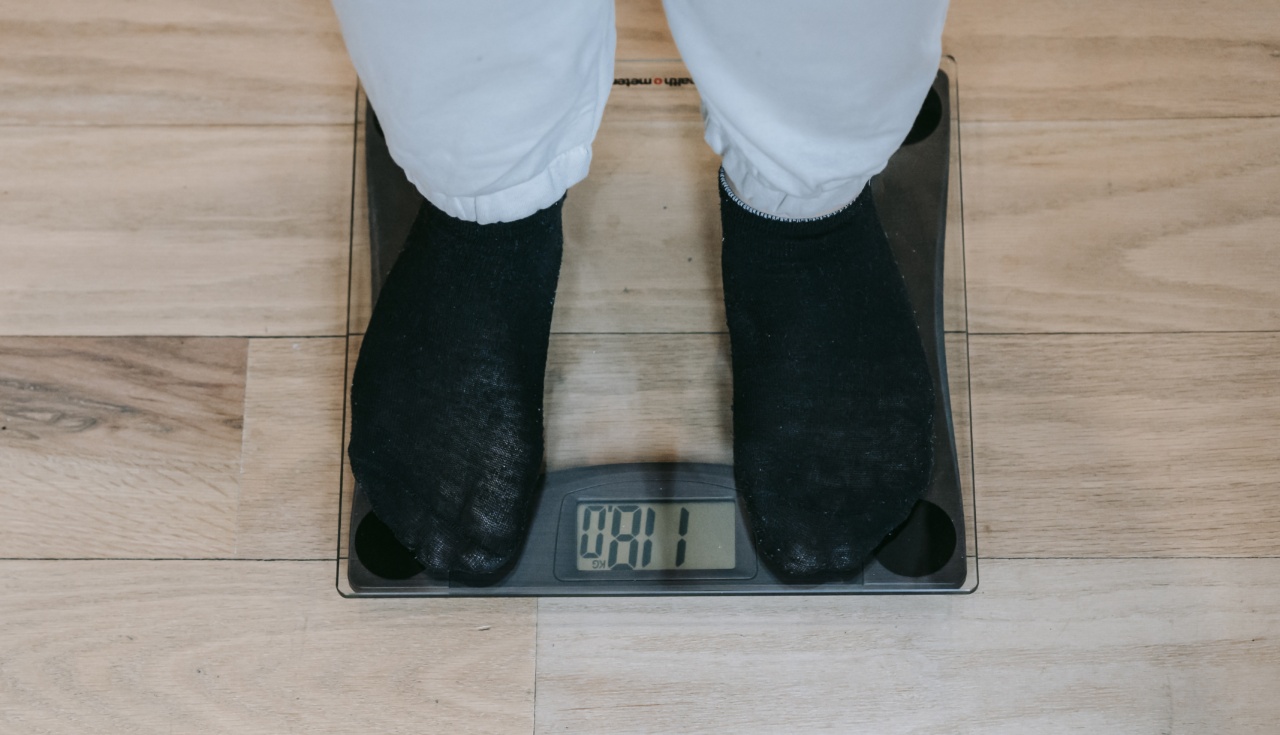May 6th marks an important day in the fight against diet culture and body weight stigma – World Anti-Diet Day.
This day serves as a reminder to challenge societal norms and celebrate body diversity, promoting a healthier and more inclusive view of body weight. In a world obsessed with thinness and unrealistic beauty standards, it’s crucial to shed light on the harmful effects of weight stigma and create a space for body positivity.
The Impact of Weight Stigma on Mental and Physical Health
Weight stigma refers to the negative attitudes and beliefs towards individuals based on their weight or body size. It is a pervasive issue that affects people of all ages, genders, and backgrounds.
The constant pressure to conform to society’s beauty standards can have a significant impact on one’s mental and physical well-being.
Mental health is often deeply affected by weight stigma. Individuals who experience weight discrimination are more prone to developing eating disorders, depression, anxiety, and low self-esteem.
Internalizing these negative societal messages can lead to a poor body image and a distorted perception of self-worth.
Furthermore, weight stigma can also result in physiological consequences. The stress induced by societal judgment and discrimination can contribute to the release of stress hormones, which, over time, can have detrimental effects on the body.
This can elevate the risk of developing chronic health conditions such as heart disease, diabetes, and hypertension.
Dismantling Diet Culture: The Need for Change
Diet culture perpetuates the belief that thinness equals health and happiness, while body diversity is often shamed and stigmatized.
The multi-billion-dollar diet industry profits from this harmful narrative, selling quick fixes and promoting restrictive eating patterns that often lead to unhealthy habits and unsustainable weight loss.
It is important to challenge diet culture and the emphasis on weight loss as the ultimate goal.
Instead, we should focus on nourishing our bodies with balanced diets, regular physical activity, and self-care practices that prioritize overall well-being rather than a number on the scale.
One way to challenge diet culture is by embracing Health at Every Size (HAES) principles. HAES promotes the idea that individuals of all body sizes deserve respect, dignity, and access to healthcare.
It emphasizes the importance of intuitive eating, self-compassion, and joyful movement rather than restrictive diets or punishing exercise regimens.
Promoting Body Acceptance and Positive Self-Image
To combat weight stigma, it is crucial to foster an environment of body acceptance and positive self-image. This starts with recognizing and challenging our own biases and assumptions about body weight.
By celebrating body diversity and acknowledging that beauty comes in all shapes and sizes, we can empower ourselves and others to embrace their unique bodies.
Education also plays a significant role in dismantling weight bias.
By promoting comprehensive health education that focuses on a holistic approach to well-being and debunking common myths surrounding weight, we can equip individuals with the knowledge to make informed decisions about their health.
Additionally, media representation plays a crucial role in shaping societal perceptions. By advocating for more diverse and inclusive representation in media, we can counteract harmful stereotypes and promote body positivity.
This includes featuring individuals of different sizes, ethnicities, abilities, and gender identities in a variety of roles and narratives.
Creating Supportive Communities and Resources
Having a support system and resources that promote body acceptance is essential for individuals facing weight stigma.
Online communities, such as body-positive social media platforms or support groups, provide spaces for individuals to share their experiences, find support, and challenge societal norms together.
Healthcare providers also have a responsibility to create a safe and inclusive environment for patients of all sizes.
Implementing weight-neutral approaches and focusing on holistic health rather than solely weight loss can improve patient-provider relationships and overall healthcare outcomes.
By challenging the stigma of body weight on World Anti-Diet Day and every day, we can work towards a more accepting and inclusive society.
It is time to recognize that health and happiness are not determined by a number on a scale, but by self-acceptance, self-care, and overall well-being.





























